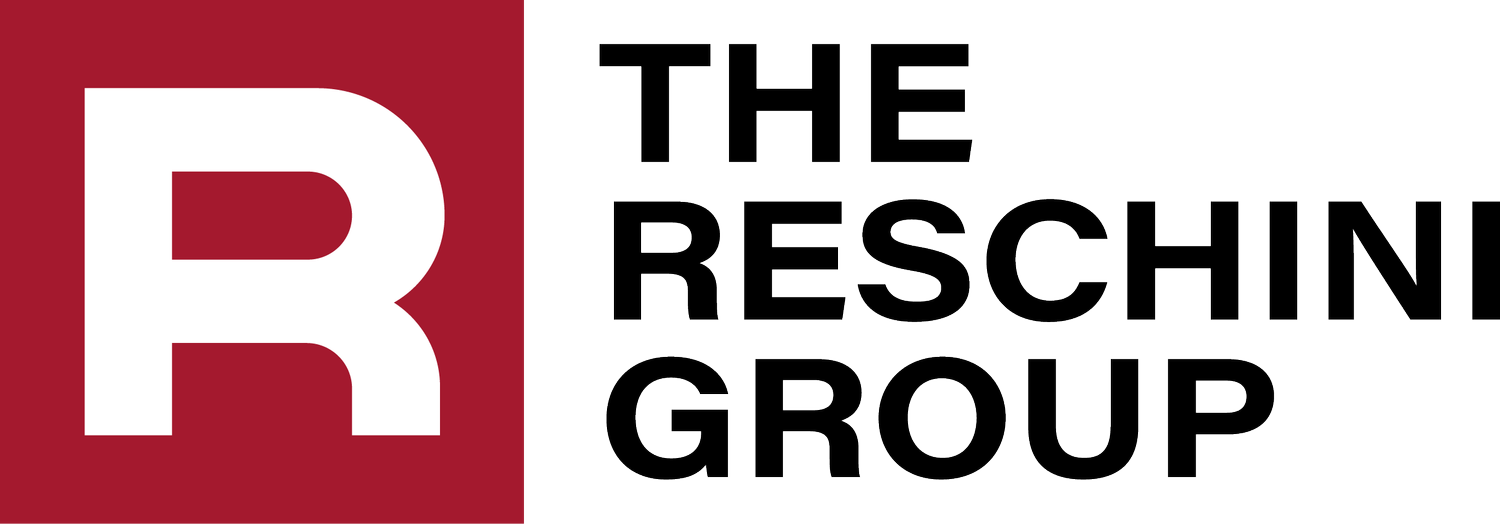Which Consumer-Driven Health Plan Is Right for Your Business?
Consumer-driven health plans like health savings accounts (HSAs), flexible spending accounts (FSAs), and health reimbursement arrangements (HRAs), can help soften the blow of continually rising health care costs, but it’s important to understand what each option requires and provides. Here are brief descriptions of the similarities and differences concerning HSAs, FSAs and HRAs:
HSAs
Due to their tax-favored status, HSAs require individuals to meet these qualifications:
Be covered by a high deductible health plan (HDHP)
Not have any other health coverage (with some exceptions)
Not be claimed as a dependent on another person’s tax return
Not be covered by Medicare
The employer and employee can contribute to the HSA in the same year, subject to annual limits. Employers may allow employees to make pre-tax salary reduction contributions to fund their HSAs. Individuals may roll over unspent funds in the HSA from year to year. Since the HSA is a tax-exempt account owned by the employee, he or she may keep the account upon termination of employment or retirement.
FSAs
Health FSAs provide a means for employees to reduce their income tax liability through salary reduction. The Affordable Care Act (ACA) limits employee’s pre-tax contributions to their health FSAs to $3,050 (adjusted for inflation for future plan years). Since only employees can participate in a health FSA, self-employed individuals can establish health FSAs for their employees, but cannot set up their own accounts. Also a “use-it-or-lose-it” provision, meaning that employees must use every dollar in the account by the end of each year, which can lead to overfunding the account and then spending unnecessarily at the end of the year to avoid forfeiting the money. Some options for protecting those unused funds exist, but it is best to check with a qualified benefits expert first.
HRAs
HRAs allow employees to use employer contributions to pay for (or reimburse) eligible medical care expenses. HRAs can only be funded with employer money, and unused HRA balances may accumulate from year to year. There is no specified cap on the amount an employer is allowed to contribute to an HRA. Also, an HRA is not subject to the uniform coverage rule that applies to health FSAs. Like health FSAs, only employees can participate in an HRA, which means that self-employed individuals cannot participate in an HRA on a tax-favored basis.
Introducing consumerism into your health plan requires an evaluation of the benefits and disadvantages of HSAs, FSAs and HRAs. No single solution is right for every employer. If your organization is considering implementing a consumer-driven health plan, the Benefits team at The Reschini Group can help determine the best plan for you.
Copyright 2023 The Reschini Group
The Reschini Group provides these updates for information only, and does not provide legal advice. To make decisions regarding insurance matters, please consult directly with a licensed insurance professional or firm.

